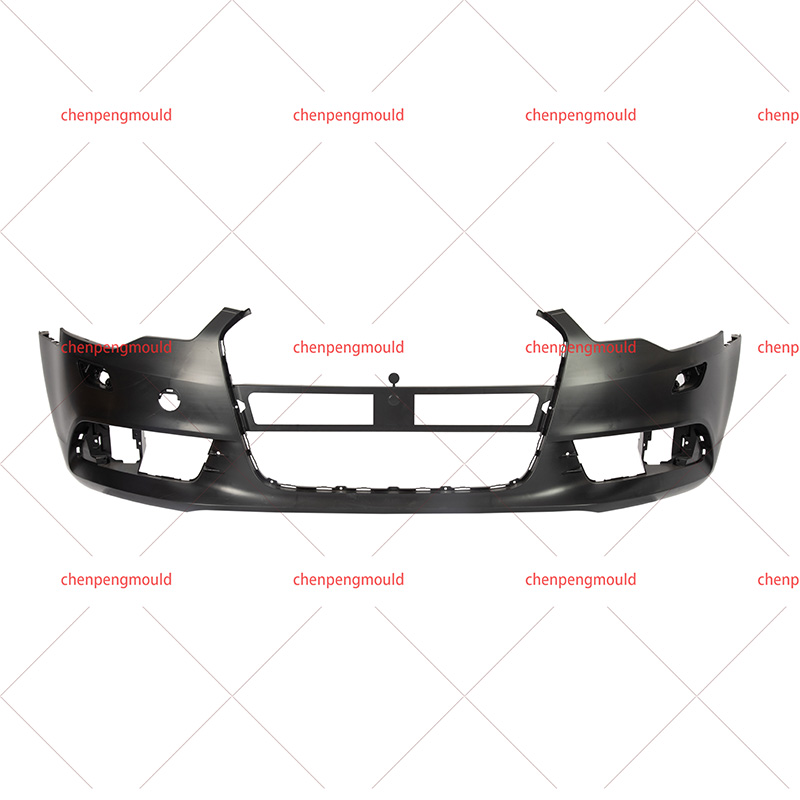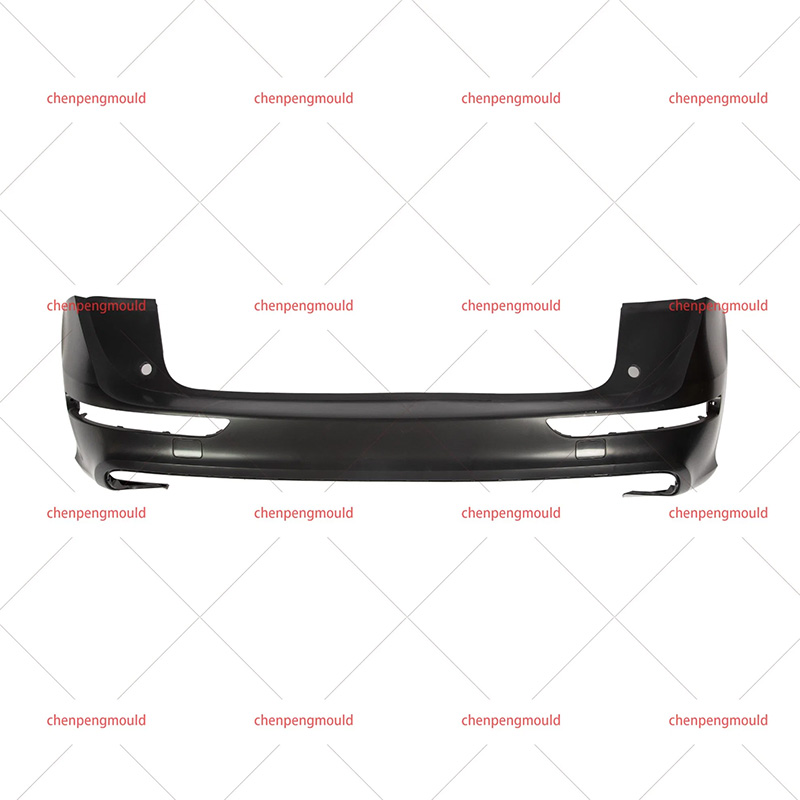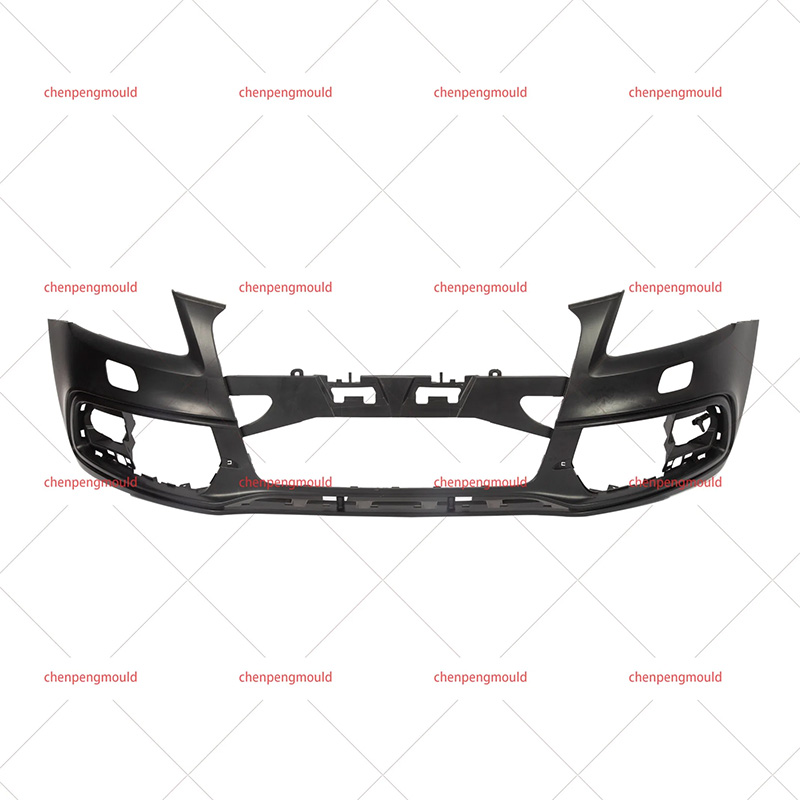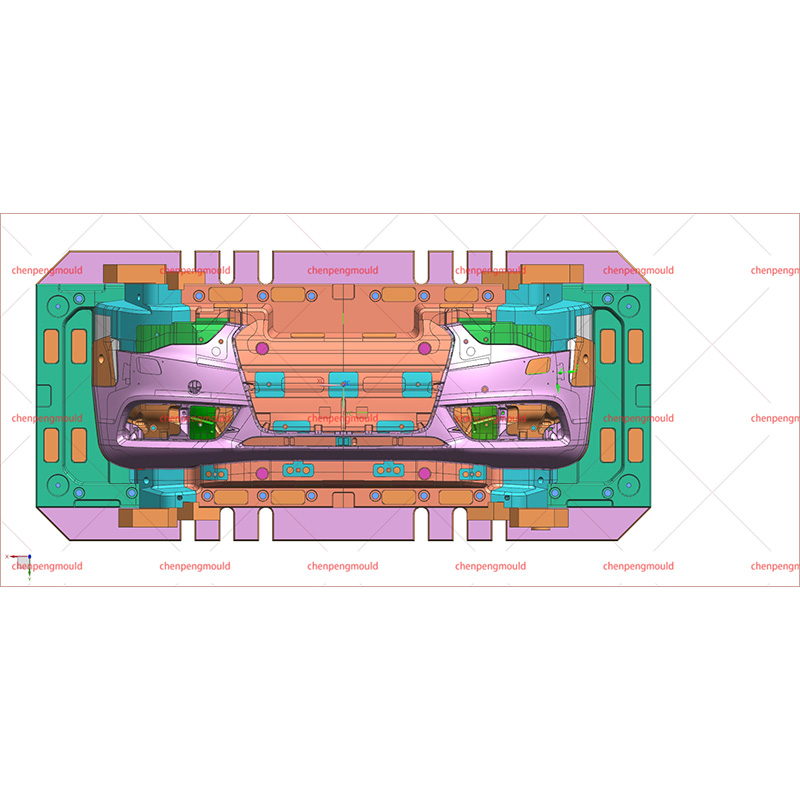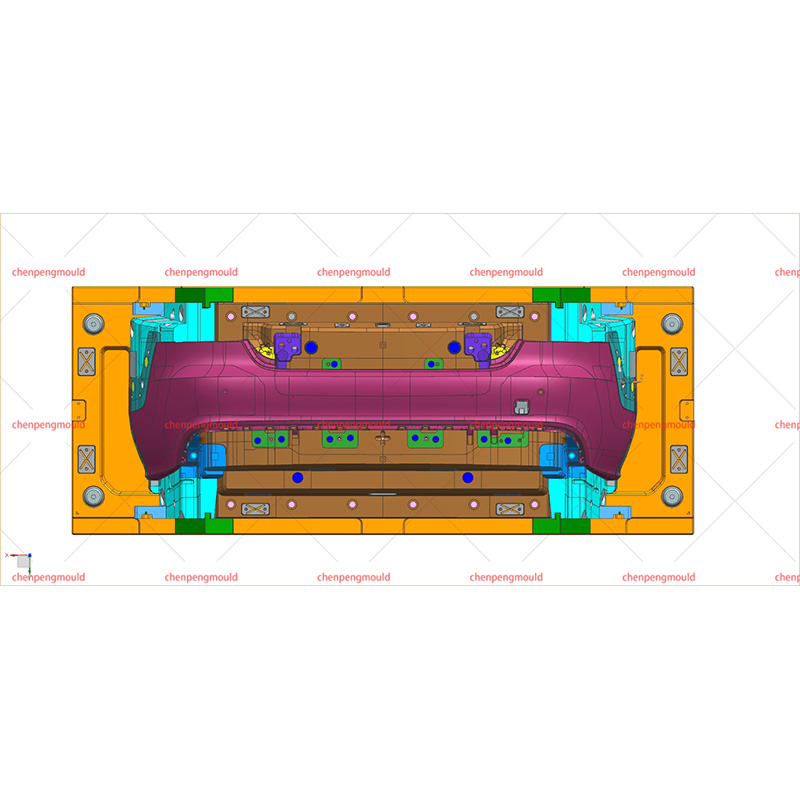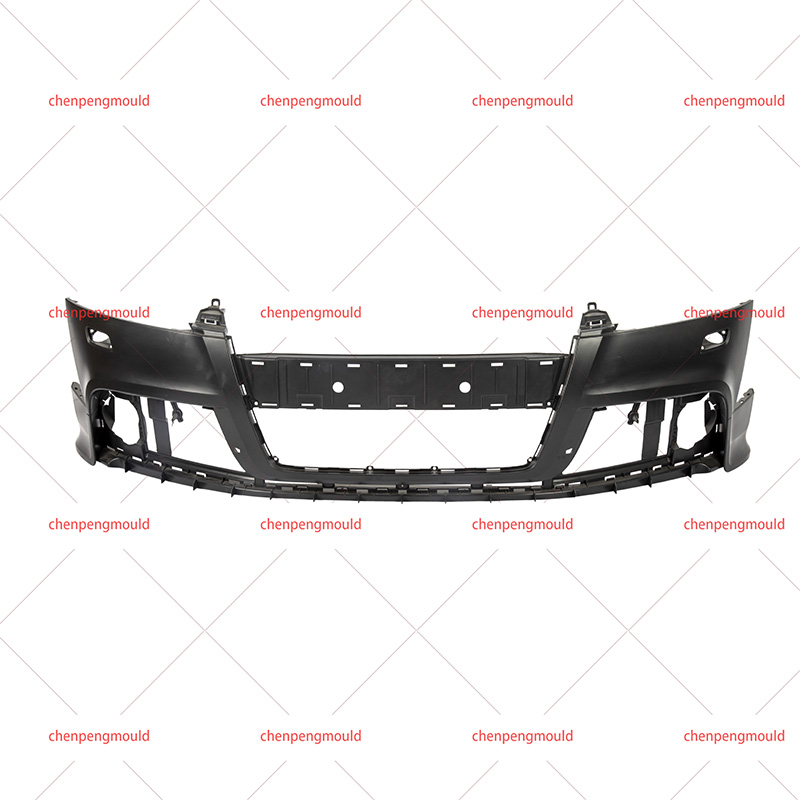Car Bumper Injection Moulding Price For Sale Company Maker
Car bumpers are essential components of vehicle safety and aesthetics, serving as the first line of defense in absorbing impact during collisions. The manufacturing process of car bumpers has undergone significant advancements over the years, with injection molding emerging as a production method.
Efficiency of Car Bumpers Injection Molding:
Car bumpers injection molding production offers unparalleled efficiency in manufacturing automotive components. This process involves injecting molten plastic into a mold cavity under high pressure, allowing for rapid and precise replication of complex bumper designs. The ability to produce large volumes of bumpers with minimal cycle times makes injection molding an ideal choice for mass production in the automotive industry. Furthermore, automated systems and advanced machinery streamline the production process, minimizing downtime and optimizing output.
Versatility in Design and Customization:
One of the key advantages of car bumper injection molding production is its versatility in design and customization. Unlike traditional manufacturing methods such as thermoforming or compression molding, injection molding allows for intricate geometries and intricate features to be incorporated into bumper designs with ease. This versatility enables automotive manufacturers to tailor bumpers to specific vehicle models, aesthetic preferences, and functional requirements. Additionally, the use of advanced CAD/CAM software facilitates rapid prototyping and iterative design iterations, ensuring performance and aesthetics.
Cost-Effectiveness and Material Efficiency:
Car bumpers injection molding production offers significant cost savings compared to alternative manufacturing processes. The ability to produce high-quality bumpers with minimal material waste and energy consumption reduces production costs and enhances overall profitability for automotive manufacturers. Furthermore, the scalability of injection molding allows for economies of scale to be realized, further driving down per-unit costs as production volumes increase. By optimizing material efficiency and minimizing scrap, injection molding contributes to sustainable manufacturing practices within the automotive industry.
Durability and Impact Resistance:
Car bumpers produced through injection molding exhibit exceptional durability and impact resistance, crucial factors in ensuring vehicle safety and longevity. The use of high-performance thermoplastics such as polypropylene (PP), acrylonitrile butadiene styrene (ABS), and polycarbonate (PC) enables bumpers to withstand harsh environmental conditions, road debris, and minor collisions without compromising structural integrity. Moreover, the ability to incorporate reinforcement additives and impact modifiers during the injection molding process further enhances bumper strength and resilience, prolonging service life and reducing maintenance costs for vehicle owners.
Precision and Consistency in Manufacturing:
Injection molding offers unparalleled precision and consistency in manufacturing car bumpers, ensuring uniformity and quality across production batches. The use of advanced molding technologies, including computer-controlled systems and robotics, enables precise control over key parameters such as temperature, pressure, and cooling rates, resulting in highly accurate bumper dimensions and surface finishes. Additionally, the repeatability of injection molding processes minimizes variability and defects, guaranteeing consistent performance and aesthetics in the final product.
Environmental Sustainability and Recycling:
In recent years, there has been a growing emphasis on environmental sustainability within the automotive industry, driving the adoption of eco-friendly manufacturing practices such as car bumpers injection molding production. Unlike traditional materials like metal or fiberglass, thermoplastic polymers used in injection molding are fully recyclable, offering significant potential for closed-loop recycling and circular economy initiatives. By promoting the use of recycled plastics and reducing reliance on virgin materials, injection molding contributes to resource conservation and waste reduction, aligning with global efforts to mitigate environmental impact.




 +86-18357617666
+86-18357617666
